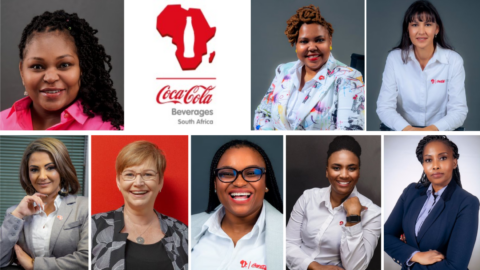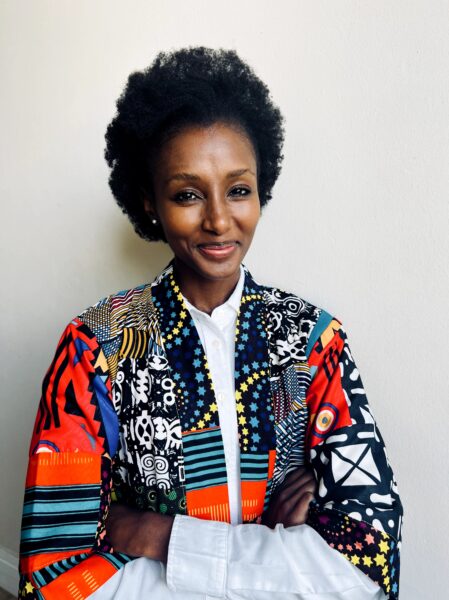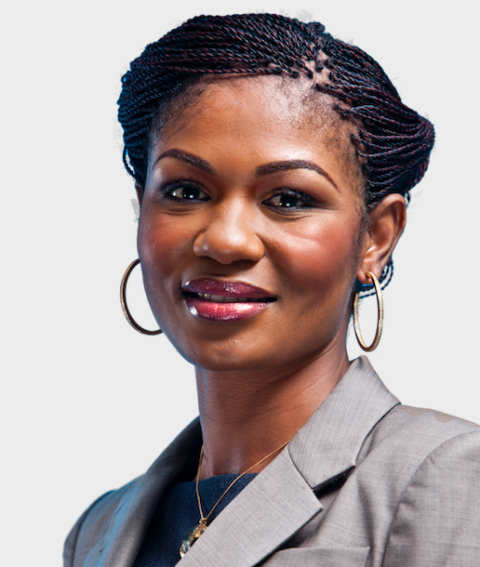Financial Mail Women
Empowerment And Inclusivity
Embedding an inclusive culture
AECI board member Fikile De Buck says the company is committed to embedding an inclusive culture, eradicating barriers to promotion and developing the next generation of female leaders.
But women currently represent less than 30 per cent of the AECI Group’s overall workforce, including representation at all levels of management. De Buck and Philisiwe Sibiya are currently the only female board members, representing 22 per cent. The aim is to achieve 30 per cent by the end of 2020 says de Buck. “Some progress in addressing these imbalances has been made in the last few years but more effort and work is required. Strategies are in place across the full human capital value chain, from recruitment through to the accelerated development and retention of talent,” says De Buck. “In terms of gender equality specifically, our commitment is firmly supported by our organisational values of being bold, innovative, going green, and being engaged and responsible (BIGGER).
Gender equality is implicit in these values, which underpin every aspect of AECI’s activities,” de Buck adds. AECI launched a Women Empowerment programme on International Women’s Day in March. “It acknowledges their past and current contributions and also their future potential in the workplace and in their personal lives. “Diversity and inclusivity are imperatives not only in South Africa, but also globally for our group of companies, which operates in 26 countries on six continents. The right systems and processes in support of this inclusivity are key to turning the individual and collective contributions of employees across the spectrum to competitive advantage,” says de Buck. “Although a lot of work remains to be done on the inclusivity and empowerment journey, it was pleasing and encouraging that AECI’s efforts in this extremely important area were acknowledged and endorsed by external specialists,” de Buck concludes.
AECI was another big winner at the Gender Mainstreaming Awards in the JSE-listed category. It won the Empowerment of Women in the Community category for the company’s Wise Wayz Water Care Project, which collected and eliminated waste from streams and water courses in the Folweniand Ezimbokodweni communities in KwaZulu-Natal.
Addressing an unconscious bias
When Coface South Africa first embarked on internal research and planning to focus on the empowerment of women in the workplace, they found that the turnover of female employees was always much higher than that of male employees.
Jacqui Jooste, CEO of Coface South Africa, says they conducted comprehensive exit interviews to establish the reasons for this and then worked on a targeted succession and retention plan, with the focus on gender, transformation and representation. “Women-to-Win, a Cofacewide initiative, was implemented, which focused on areas such as e-learning, unconscious bias and on a mentoring process for female talent,” says Jooste.
Three focus areas were identified:
- career and succession planning with a gender focus;
- collaboration with the 30% Club Southern Africa;
- and gender compensation parity.
The company focused on its employee coalface, but also on its top-down representation at senior board level. The actions taken and the results achieved have been impressive, says Jooste. “Once the executive committee became aware of the challenges facing female employees in the workplace, and the unconscious bias that may exist, Coface saw a definite shift in attitudes and perceptions.”
Currently, 62 per cent of the company’s workforce is female and, of the seven members of the company’s board of directors, five are female: Jacqui Jooste; Cecile Paillard; Roshnee Chetty; Fikile Mkhize; and Sonja de Bruyn. “We are particularly proud of the female representation on the board of directors. The 2019 target of 50 per cent has already been exceeded and is now 71 per cent. “Coface South Africa is proud of what we have achieved. Working with our female talent and empowering them in the workplace is truly inspiring. We plan to maintain a diversified board of directors going forward due to the positive ROI already enjoyed,” says Jooste.
The company has also prioritised internal succession planning. Key positions and employees are tracked and aligned to ensure growth and movement in all levels of the organisation. The aim is to boost the seniority of key talent (with a focus on gender and diversity) within the business and to get the maximum return from these employees. “This is intended to be the company’s talent pipeline for the board,” says Jooste.
Coface South Africa has also focused on broad-based black economic empowerment, and on obtaining a targeted scorecard level. It also partnered with Capital Partners, to take up 25 per cent ownership of Coface South Africa, Jooste says. All these efforts have resulted in the company being recognised at the 2019 Gender Mainstreaming Awards. It won in the Women Empowerment in the Workplace category for a non-JSE-listed company and in the Women on Boards and Women on Executive Committees in the Multinationals category.
The company was also rated third finalist in the Equal Representation and Participation category, while CEO, Jacqui Jooste, was a finalist in the Positive AECI was also winner of the Economic Empowerment Award, for the company’s overall contribution to empowering women to participate in the economy, and was a subcategory winner for Investing in Young Women in the JSE-listed category.





